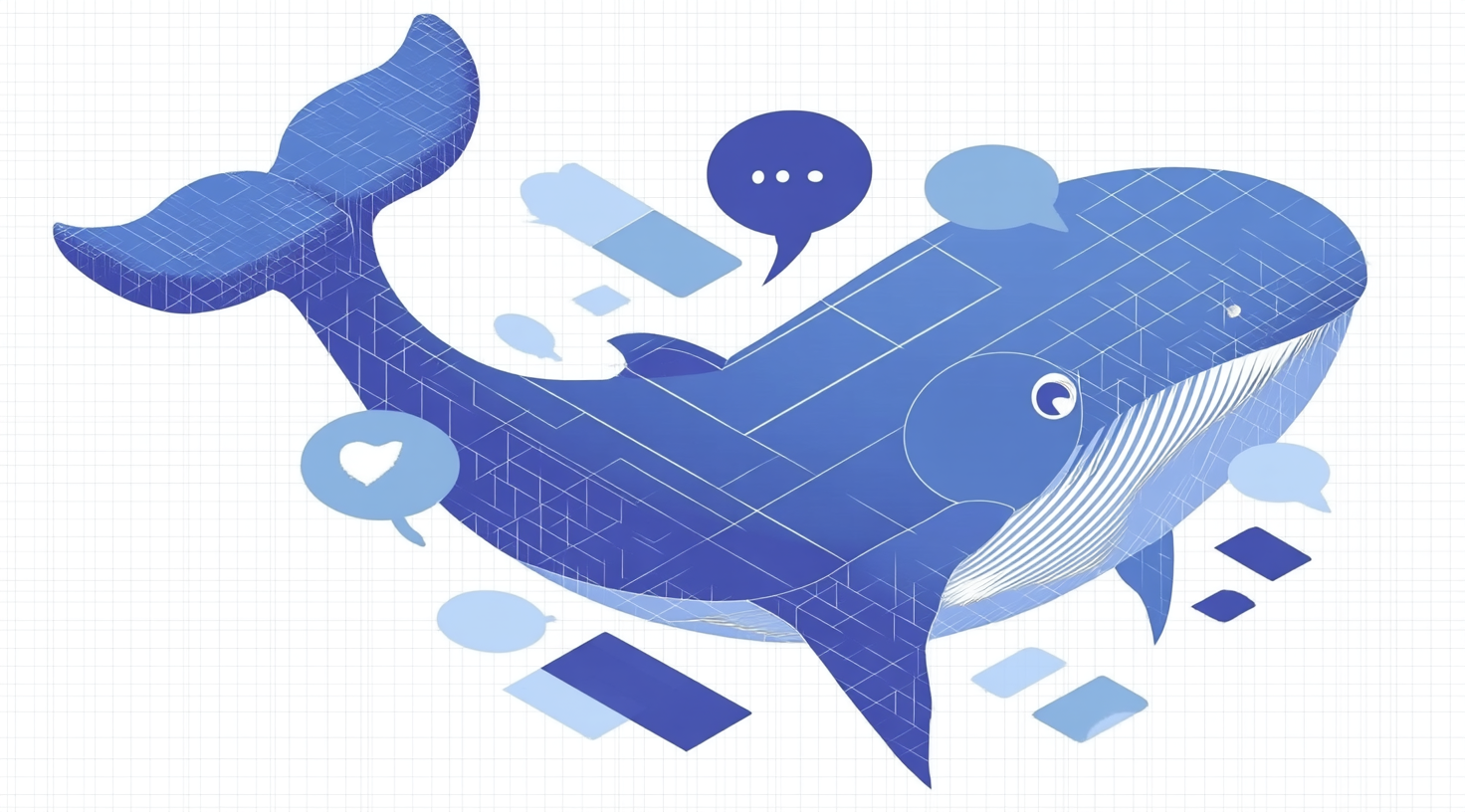- Published on January 17, 2025
- In AI News
Developers have released source code for MatterGen under the MIT license.

Illustration by Microsoft Blog
Microsoft on Thursday launched MatterGen, a generative AI tool designed to revolutionise how we understand material discovery, marking a transformative moment in materials science.
“Our MatterGen model applies generative AI to create new compounds with unprecedented precision,” said Satya Nadella, chairman and CEO at Microsoft.
Unlike traditional approaches that test existing materials, MatterGen can generate entirely new ones based on specific requirements. The researchers detailed this breakthrough in their paper ‘A generative model for inorganic materials design.’
“MatterGen offers a paradigm shift,” said senior researchers Claudio Zeni, Robert Pinsler, Daniel Zügner, Andrew Fowler, and others.
Outperforms Screening Methods
Traditional methods reach a limit of 40 candidates when looking for materials with specific properties, such as high compression resistance. MatterGen, however, discovered over 100 potential candidates in tasks such as identifying stable, high-bulk modulus structures.
The AI is also trained on extensive datasets, including the Materials Project and Alexandria databases, to ensure state-of-the-art performance. The model uses an innovative algorithm to handle complex material structures more accurately.
 Screening vs generative approaches to materials design
Screening vs generative approaches to materials designMatterGen Created a New Material!
The tool’s capabilities were tested in collaboration with Prof. Li Wenjie’s team at the Shenzhen Institutes of Advanced Technology (SIAT) of the Chinese Academy of Sciences.
They challenged MatterGen to design a material with specific compression resistance (200 GPa bulk modulus). The result?
A new material called TaCr₂O₆ was successfully synthesised and matched the AI’s predictions, even accounting for variations in how the tantalum (Ta) and chromium (Cr) atoms were arranged.
 Experimental validation of the proposed compound, TaCr2O6
Experimental validation of the proposed compound, TaCr2O6 Open Access and Future Directions
Christopher Stiles from the Johns Hopkins University Applied Physics Laboratory highlighted the significance of the innovation: “We are interested in understanding the impact that MatterGen could have on materials discovery.”
MatterGen’s developers have released its source code under the MIT license, encouraging community collaboration. Researchers aim to expand the tool’s applications in fields such as battery and magnet development.
The integration of MatterGen with AI simulation tools like MatterSim further accelerates material exploration and simulation, creating a dynamic system for scientific discovery.
Materials discovery not only began with Microsoft, but Google DeepMind also released research titled ‘Scaling deep learning for material discovery’ in 2023, where they discovered 2.2 million new crystals, equivalent to 800 years of work of knowledge.
Meta also entered material size by releasing a massive data set called Open Materials 2024 (OMat24), which contained over 118 million examples of material simulations and structures.
It focused on a wide range of inorganic bulk materials to improve AI-enabled material discovery.
In December last year, Amazon also announced a multi-year partnership with Orbital Materials to develop new materials that help decarbonise data centres using their ‘proprietary AI platform’.
Sanjana Gupta
An information designer who loves to learn about and try new developments in the field of tech and AI. She likes to spend her spare time reading and exploring absurdism in literature.
Subscribe to The Belamy: Our Weekly Newsletter
Biggest AI stories, delivered to your inbox every week.
February 5 – 7, 2025 | Nimhans Convention Center, Bangalore
Rising 2025 | DE&I in Tech & AI
Mar 20 and 21, 2025 | 📍 J N Tata Auditorium, Bengaluru
Data Engineering Summit 2025
15-16 May, 2025 | 📍 Taj Yeshwantpur, Bengaluru, India
AI Startups Conference.
April 25 /
Hotel Radisson Blu /
Bangalore, India
17-19 September, 2025 | 📍KTPO, Whitefield, Bangalore, India
MachineCon GCC Summit 2025
19-20th June 2025 | Bangalore
![]()
Our Discord Community for AI Ecosystem.

 3 months ago
32
3 months ago
32









